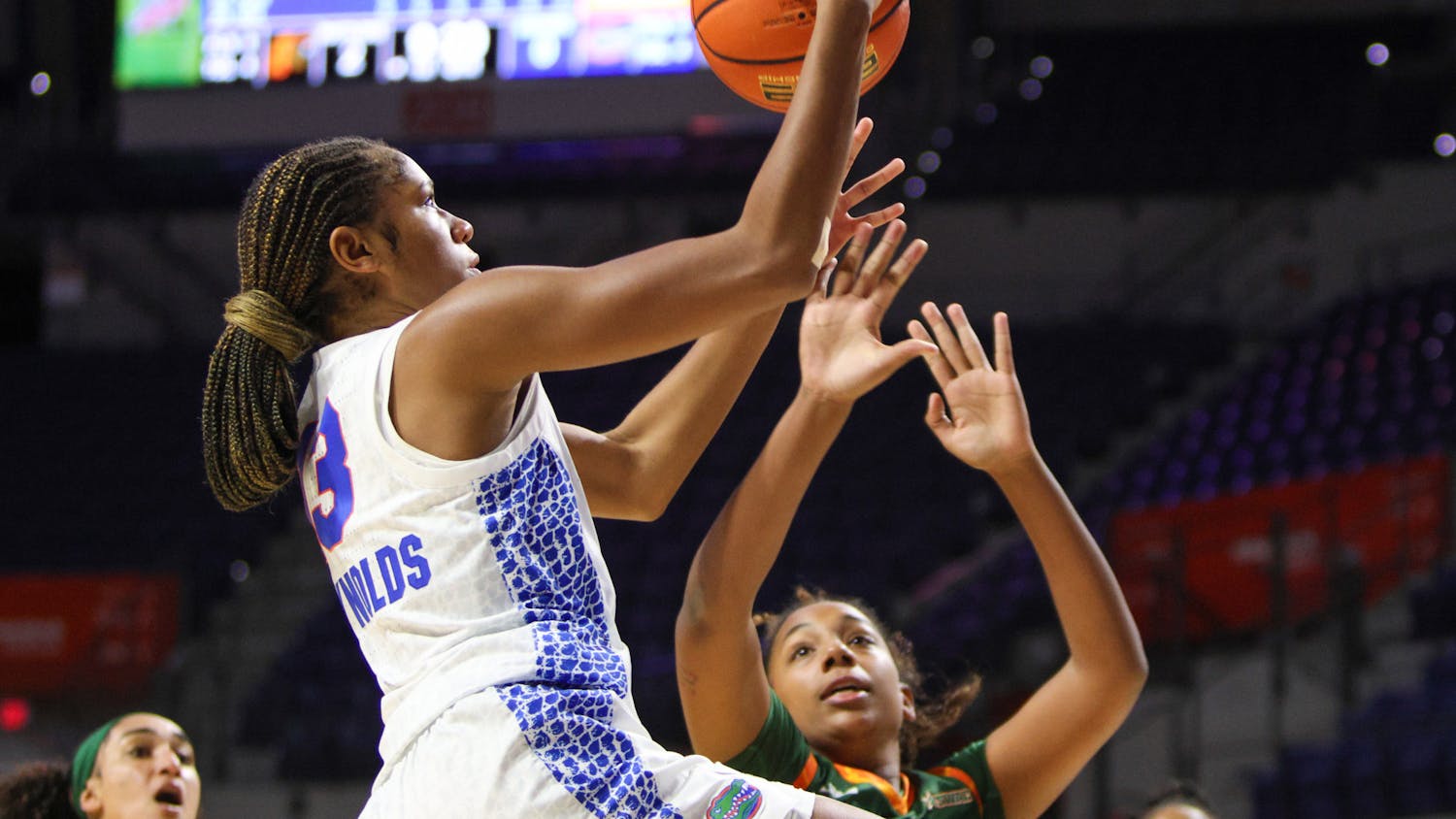While other Southeastern Conference teams have been flying first-class, the Gators have been the class of the league - and saving money in the process.
Several other SEC schools have incurred the added expense of chartering flights - Mississippi State's volleyball team had its own plane for three full weekends last season, and Kentucky is doing the same this season - but UF has only chartered one flight per season in recent years.
"I don't know why they (other programs) make those choices, but at the end of the day, dollars are dollars," said Lynda Tealer, the senior associate athletic director for women's sports. "So you may opt to spend dollars in that way, but then you don't have them to spend on something else."
After kicking off a four-match road swing with a rare midweek contest against South Carolina (10-5, 2-4 SEC) in Columbia tonight at 7, No. 6 Florida (11-2, 5-1 SEC) will enjoy the once-in-a-season luxury three other UF sports use regularly: a chartered flight back to Gainesville.
Commercial travel has already had its share of ups and downs for the Gators this year. After sweeping Arkansas on the road on Sept. 20, UF coach Mary Wise said in a radio interview that the team would only make its flight if it won in three sets.
"We'd absolutely love to charter every single away match, but it's just not like that," junior opposite hitter Lauren Bledsoe said. "And those regular flights, they work out just great. We make it work.
"Sitting here wishing, it just doesn't matter. We've handled it."
This weekend, commercial airfare could provide another difficulty for UF. With its next two matches being televised on ESPNU at 7 p.m., the Gators are subject to the network's scheduling. That means their Sunday match at LSU will end too late to catch a flight back that night, so they will have to travel back to Gainesville early Monday morning.
"That really is an oddity because I can't think of any other sport or program where there's typically Sunday evening competition," Tealer said. "It just doesn't happen."
Although commercial airfare and busing may be harder on the players and coaches, it lightens the financial load on the athletics program.
"I think the only benefit for chartering is convenience, which is a legitimate benefit, but that's really the only benefit," Tealer said. "The cost is just so incredibly significant when you have that many competitions."
The Gators football, men's basketball and women's basketball teams charter their own flights on a regular basis when necessary.
Tealer said the cost simply outweighs the convenience of chartering flights for other UF sports. Aside from football and basketball, every team at Florida only charters a return flight for midweek matches or under extenuating circumstances.
According to Tealer, the average cost of sending the volleyball team round-trip on commercial flights is around $4,500 to $5,000. The lowest a chartered plane would cost for the same trip is about $25,000.
"When you multiply that over the course of the season for all of the teams, it just becomes a really unmanageable amount of money to spend on travel," Tealer said.
For the Florida volleyball program, the money saved through busing or flying commercial can be reallocated to paying for coaches, managers, equipment, the training staff or scholarships.
Each decision has its benefits and detriments, but the more money available for scholarships, the more Wise and her coaching staff can recruit the best players possible, particularly out-of-state athletes.
According to a University Athletic Association expense report, the volleyball program's scholarship budget is the sixth largest of all UF sports, behind football, women's track, women's swimming, women's basketball and soccer.
Six of UF's 15 players are from Florida, so the cost of offering scholarships to the nine out-of-state players is greater than that of, for example, Florida's baseball program, which has a lower scholarship limit (11.7 to volleyball's 12) and primarily recruits in-state athletes.
Despite the lower cost of recruiting, the baseball team operates under the same travel circumstances as the volleyball team - only for midweek competitions or under extenuating circumstances, like getting the student-athletes back from Columbia on Wednesday night in time for class Thursday.
"Typically, when they compete on Friday and Sunday - unless something goes bad on that Sunday return, which unfortunately, that happens for a lot of our teams; traveling in and out of Gainesville can sometimes be challenging - but for the most part, they're able to minimize their missed classes," Tealer said.





